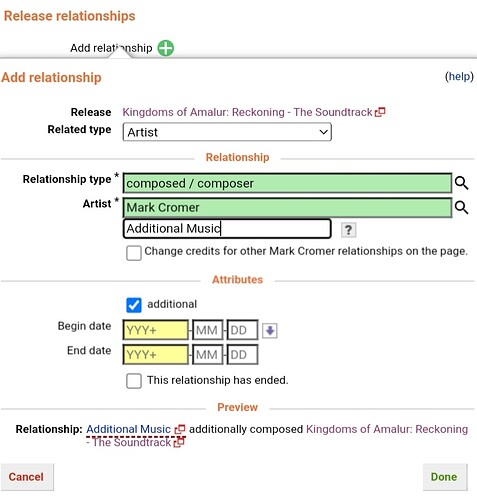I think it’s always dangerous to point to one source being more accurate than the other. Comparing sources is always a good thing. If there are differences or discrepancies between sources, one has to try to fish out what’s the more accurate one (if not a combination of two or more sources ends up as being most accurate.)
Rights societies lists those who should get the royalties, which sometimes is accurate, but sometimes it isn’t, as it indeed lists who gets the royalities, rather than who wrote the work. A booklet might as well contain errors, or just give the “band” as writer, without further details.
Errors might creep in everywhere, either deliberate or by accident. In general I would best trust the credits given on a release, when it’s an “original” release (with which I mean: watch out with VA compilations, reissues with non-original artwork, issues with different text/artwork for specific regions, … Although sometimes later reissues & compilations actually contain more accurate credits and well documented side information than the original.)
One sometimes has to judge using “common sense.” I think whenever various sources show discrepancies, it’s up to the one adding the data to make the best judgement, but use the annotation to mention the discrepancies, or known errors in attribution. (Although info from crappy low budget VA compilations probably aren’t worth a specific mention. They seldom check their sources and typos are not uncommon.)
Some sources (online platforms, labels, magazines, …) tend to be more accurate than others. Knowing who to trust, is always helpful.
Obviously, for works that have been published as a score (most often the case with classical), referring to the printed score almost always provides accurate info, unless a work is deliberately attributed to someone else for some dark, occult reason
Regarding written by “Band” credits, I think this should always be read as: “The band on the moment of writing the work”. The exact formation might switch over time. As such, whenever one can reveal the exact band members involved, this should be regarded more accurate than listing just the band name.
A “work” is something that exists on it’s own, apart from the release(s) it appears on. In that sense I wouldn’t tie myself too much too “how it is credited” and just try entering what’s most accurate. This might not always be straight-forward. Especially because writing credits happen to appear differently over different releases, or more detailed info could be revealed from, for instance, interviews or other (proper) documentation that exists.
The as-on-release approach is the strength&weakness of sister site Discogs.
For me, the as-it-actually-is/was approach is the strength of MB.
On MB all releases having the same recording, point to the same recording, having the same credits, and all recordings featuring the same work, point to the same work.That makes MB a source of information Discogs will never be. That difference between the two is what attracts me a lot to this place.
At the other side, in the absence of accurate sources, simply the band name is the safe choice, avoiding guesswork. Guesswork is never good, the annotation can be used to present uncertain information as it is.
